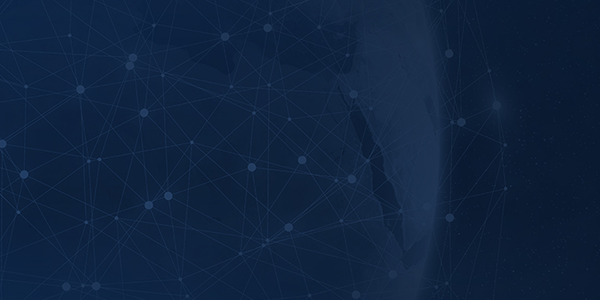Throughout a virtual exchange program, participants often collaborate with their peers on a project or a solution to a pressing global challenge. The Stevens Initiative continues to support young people after their exchange by providing alumni with resources that they need to continue developing those solutions through Stevens Initiative Alumni Small Grants.
The Stevens Initiative, in collaboration with IREX, is excited to announce the second cohort of Alumni Small Grants recipients. The Global Solutions Sustainability Challenge (GSSC), implemented by IREX, connects students in the United States, Jordan, and Iraq to virtually collaborate on a sustainable solution to a contemporary business challenge. Bi-national teams engage during a six to ten-weeks period to create a sustainable business solution to a challenge identified by an industry partners across business sectors. At the conclusion of the GSSC, bi-national teams submit a video pitch and business plan for their prototype to the Virtual Global Business Expo where the top three finalists are be selected by an advisory committee comprised of industry professionals and educators.
Through these small grants, the Stevens Initiative and IREX aim to empower GSSC alumni to serve their communities by providing grants to alumni teams to bring their sustainable solutions to life in their communities. The Stevens Initiative and GSSC provide alumni grantees with the tools, resources, and support necessary to implement the selected grant projects. Alumni will use the skills developed during their virtual exchange as they plan and create their solutions.
This second cohort of alumni grantees includes four alumni projects in the United States, Iraq and Jordan. Each unique project addresses a specific sustainable solution developed during the GSSC process. Read about our first cohort of alumni grantees here.
Project Name: E-Waste Not, Want Not
-
- Project Leader: Beorn Naia Chantara
- Location: Hawaii, USA
- Brief Description: Beorn was selected by his GSSC team to take their holistic solutions to confront e-waste to the National Association for Community College Entrepreneurship conference in Nashville, TN to identify partners and investors. The E-Waste Not, Want Not received the third-place designation at the Virtual Expo. This project is a novel solution to minimize e-waste through value propositions that support all facets of sustainability, including prioritizing a unique value identified by the team in both of their cultures: Pono/Para. This Hawaiian/Arabic value refers to doing the right thing the right way.
Project Name: SEA Gas Detection System
-
-
- Project Leader: Omar Daoud
- Location: Amman, Jordan
- Brief Description: Omar’s team of five fellow GSSC alumni will bring to life the sustainable solution that earned them second place at the Virtual Expo. Their solution creates a simple, effective, affordable (SEA) gas detection system that not only protects people, but helps prevent environmental damage that comes with gas leaks. The team will use the grant funds to purchase necessary parts and to participate in specialized virtual training to develop their prototype.
-
Project Name: NGA 5G
-
- Location: Kurdistan, Iraq
- Brief Description: The NGA 5G team will develop a solution that will connect older generation smart phones to 5G cellular networks. Leveraging connections in the app development sector and experts in software and hardware innovations, the team, which received the top place in the Global Solutions Virtual Expo, will work to develop a prototype and then to pitch local investors. This innovation will help solve multiple sustainability and equity issues, including access to current technology and e-waste.
Project Name: Mobile International Waste Prevention (MIWP)
-
- Location: Kurdistan, Iraq
- Brief Description: Recognizing the negative impact of food waste in both the U.S. and MENA region, the MIWP team is developing a mobile app to reach two important sustainable goals. The app makes it easier for restaurants and grocery stores to transporting and food waste, converting it to animal feed. For general consumers, the app facilitates the availability of fertilizer from agricultural feed waste. Although this solution developed during the GSSC program did not place at the Virtual Expo, the project leader mobilized their team to apply for grant funds to help develop the application and market the solution in her community.
